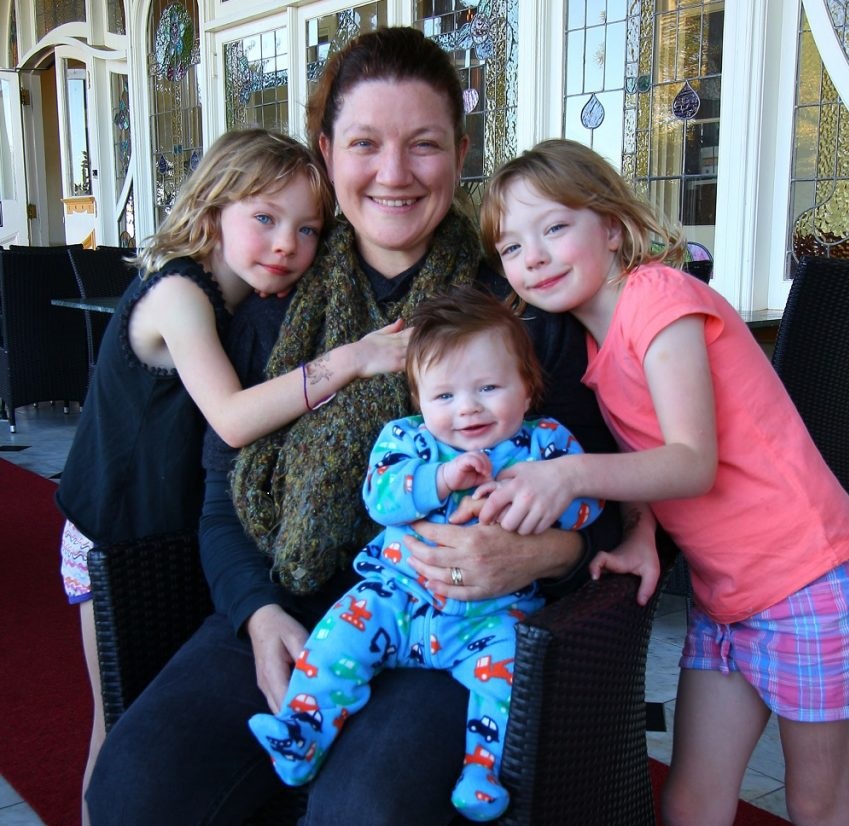We are in a time of ecological crisis. Floods, megafires and heatwaves are daily news. The latest State of the Environment Report for Australia shows that at least 19 ecosystems are in collapse or near collapse and that Australia has lost the most mammals of any continent. Our planet is heating, rainforests are disappearing, biodiversity is collapsing.
The consequences of ecological destruction are both wide and deep. Crop failures drive up the prices of food, house insurance becomes more expensive and harder to get, higher temperatures affect children’s ability to learn in school, and animal-borne viruses are on the rise. In so many ways we are receiving urgent warnings that our lives depend on healthy ecosystems. When our ecosystems are damaged, our lives become disrupted and even threatened.
So, what must we do to protect our children and heal our lands and seas?
First of all, we must accept the seriousness and urgency of the problem. The latest IPCC Report on climate change states we have reached a ‘now or never’ time where we must immediately transition to a low-carbon economy and society to avoid the dire consequences of catastrophic climate breakdown.
Secondly, as responsible adults, parents and carers, we must talk about what’s happening to our world, and what needs to happen to safeguard our children’s lives. Parents’ groups, friendship circles, workplaces, faith-based groups and schools all offer opportunities for education and conversations on climate and ecological disruptions, their causes and their solutions. Feelings of distress about what is happening become more bearable when we can share them. Listening to one another, we can hear that we are not alone and that feelings such as anxiety, grief and anger are all healthy and normal responses to ecological destruction.
Thirdly we need to be part of a campaign for systemic change based on understanding that all of our lives depend on healthy ecosystems and low emissions. Indigenous peoples well understand that respecting Mother Earth and her gifts is essential to the maintenance of life over generations. Modern-day capitalist economies, based upon fossil fuel extraction and wasteful hyper-consumerism, do not respect the ecosystems that keep us all alive. To shift away from this, we all need to speak up and act. We have the necessary technologies to transition to renewable energies and circular no waste economies. What we need now are social change movements backing this transition. Recent research suggests that social tipping points are reached when 25% of the public accept and support the need for change.
Here are 7 ways you can be part of the change:
- Get informed by going to the Climate Council website for the latest climate reports and ideas for action-
- Join Australian Parents for Climate Action, 1 Million Women or Lock the Gate and become active in their campaigns.
- Invite a group of friends, colleagues or neighbours over to watch The Bentley Effect and get inspired about what community action can achieve.
- Join up with co-workers to lobby your workplace to become carbon neutral by installing solar panels or buying Green Energy.
- Lobby your bank and superannuation funds to stop investing in fossil fuels, and leave them if they continue to do so. Check out Market Forces for their campaigns on how to make your money work for a safe climate.
- Start a fundraising group at your school to install solar panels, water tanks, veggie gardens and water tanks.
- Organise a screening of Regenerating Australia flowed by a discussion on action at your workplace, sports club or faith-based meeting place.
- Attend the next School Strike for Climate The kids love having adult supporters stand up with them, and for them.






